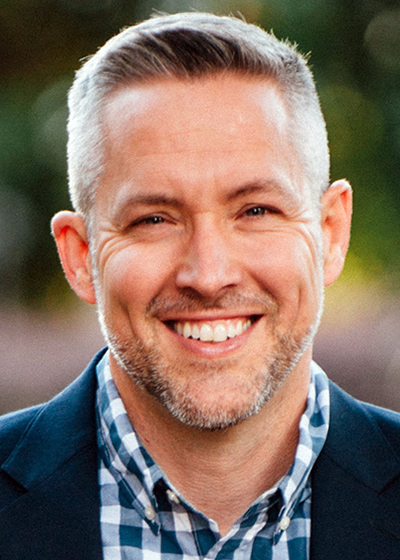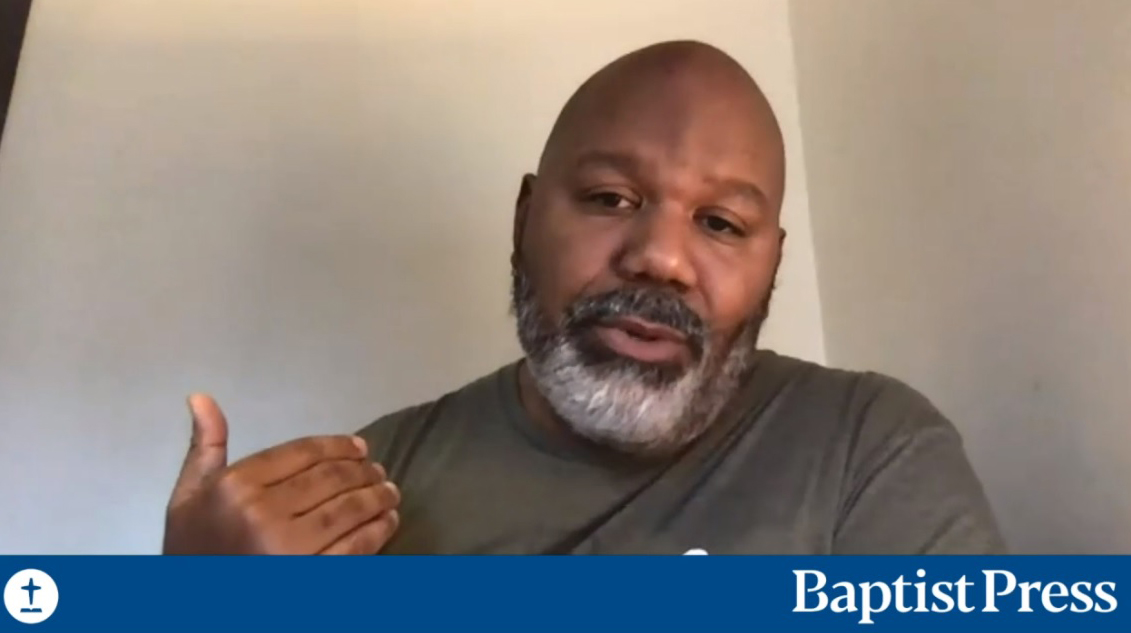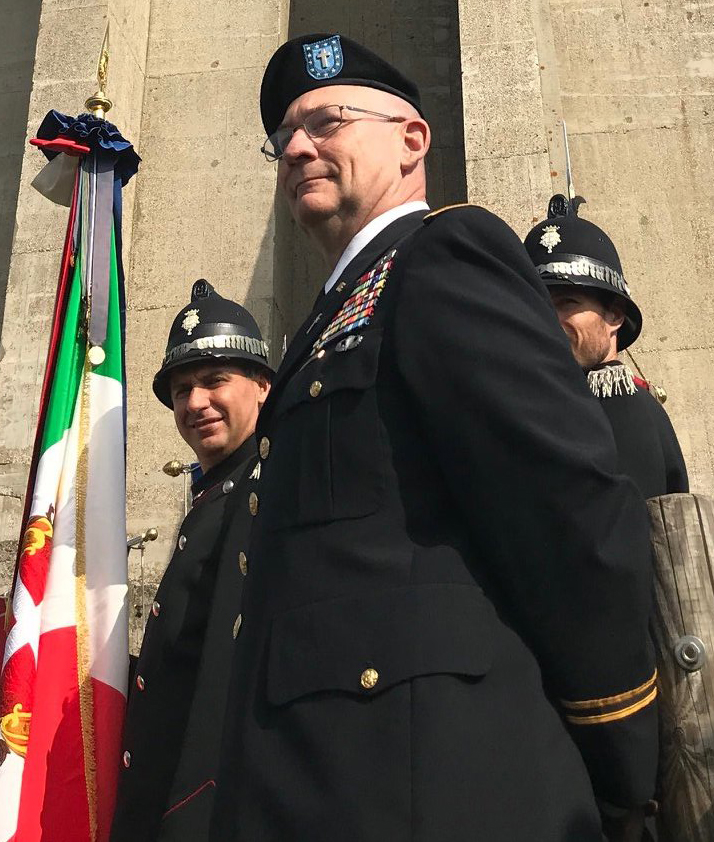
EDITOR’S NOTE: J.D. Greear is pastor of The Summit Church in Durham, N.C., and president of the Southern Baptist Convention.
DURHAM, N.C. (BP) — The mission of every church — no matter its size, no matter its circumstance — is rooted in the Great Commission (Matthew 28:18–20). When Jesus sent his disciples out into the world 2,000 years ago, he didn’t give an exception clause.
A few weeks ago, however, it became clear that we couldn’t keep running the same plays and be effective in that mission as a church. If we were to be faithful to the Great Commission, we would need to reimagine nearly every aspect of our “normal” ministry.
For the church at which I serve, The Summit Church, we put nearly everything else aside and rallied around our core values, none of which have changed:
1. We still prioritize the Gospel above all.
2. We still do whatever it takes to reach all people.
3. We still make disciples, not just converts.
4. We still send every member.
The mission of your church hasn’t changed either. But changing times call for changing strategies. Your old methods, ministries and meetings aren’t equipped to lead you through this current crisis. (This isn’t your fault: Ours weren’t either. No one’s were.)
Thankfully, the Spirit of Christ is with us, and that Spirit is more than sufficient for the task. Just as He guided the early Christians in a rapidly changing world for extraordinary effectiveness, so He will guide us.
At the Summit, we decided on five areas of special focus for this season. Our executive pastor, David Thompson, synthesized this refocus for our staff this past week and I thought this was helpful for all of us.
These aren’t new, but are new formulations of the church’s mission, tailored to a moment of unique crisis. As you try to rewrite your church playbook on the fly, I’d encourage you to look to these five areas as well:
1. Care: The church is God’s family, and we are commanded to care for one another, love one another, pray for one another, and carry each other’s burdens. Paul tells us, “Do good to all men, but especially those of the household of faith” (Galatians 6:10). All care efforts should begin in the household of God.
Today, we are all churches filled with shut-ins. Our goal is to make sure every member is contacted, checked on and relationally connected to the body of Christ. We wanted to start by reaching out to those who might be hardest-hit by the COVID-19 pandemic. So our first point of care was to call every one of our older members, our medical professionals, single parents, hourly workers and first responders.
We asked all of our small group leaders to connect with each of their members. We encouraged these groups to continue meeting virtually, and we equipped them with the resources to have video-based meetings. (If you’re unsure of how this works, join the club. We had never done it before either!) Having connected with everyone in those first groups, we are now working to contact every member.
2. Connection: Much of what I wrote in that first point (care) is really about connection. That’s because connection is always the first step of caring for someone. But the more we are isolated during stay-at-home orders, the more significant the role of connection becomes. I might even say that during this crisis, connection becomes the first, second, and third steps of care.
We are encouraging our members to contact everyone who comes into their minds. It is entirely likely that the mere fact you are thinking about them is God’s prompting for you to reach out to them.
As we are doing this, we are helping those who have been disconnected to reconnect. Now is a time when many are realizing that their lives lack the community to sustain them through a crisis. So we’re encouraging members to help their neighbors connect to the church by making it easy to invite others to watch our services that are being broadcast online. We’ve even started a few new small groups in the past couple of weeks!
We want to do whatever we can to ensure that when our friends and neighbors are searching for relief and answers, they think to turn to us. That moment of crisis may hit them tomorrow, next week or next month. We need to connect today.
3. Content and Communication: Consistent communication with our church has always been important. But with weekend gatherings not happening, we need to be much more intentional about keeping people informed. We certainly don’t want to bombard people with emails (we may have overdone it a bit the first week), but we are finding our rhythm and we have updated our website with specific and relevant resources.
One of the most important pieces we’ve provided is content for discipleship for our members to use at home. We made a resource called “Don’t Waste Your Quarantine,” which provides resources for Bible reading, small groups and community outreach.
We’ve pointed our people to special online classes they can take, provided by our Summit Institute and even our local seminary, Southeastern Baptist Theological Seminary. We’ve helped our members grow in the grace of stewardship through online giving. (For more about transitioning your church to online giving, check out Art Rainer and Blair Graham’s 6 Ways to Encourage Online Giving.)
This quarantine is a hindrance, but it’s also an opportunity for families, with all of this time together, to develop new spiritual habits. It’s part of what Paul meant when he told us to “redeem the time, because the days are evil” (Ephesians 5:16)! I’ve heard from families about their beginning family devotions for the first time.
4. Community: Jesus sent us here to be his ambassadors to this world. I am praying that every one of our churches is a light on a hill, bringing joy and hope to the community in which it lives. We are communicating to our congregation ways they can continue to serve our community — from area ministries that are still receiving volunteers, to blood drives, to ways they can reach out to their neighbors while maintaining social distancing standards.
Our generosity, courage and self-sacrifice should drive others to “ask a reason for the hope that is in us” (1 Peter 3:15). This is not a time for the church to draw backwards in fear, but to move forward in faith. Self-sacrifice — not self-preservation — is the priority of the servant of Christ.
During this quarantine, neither the power of the Gospel nor the Spirit of God is restrained. As Russell Moore put it several weeks ago: don’t quarantine the Great Commission. We can still love one another, reach out to each other and give generously to reach the world during this dark and confusing time.
I’m praying for you and your church as you continue to fulfill his mission. Jesus promised, “I am with you always.”




















